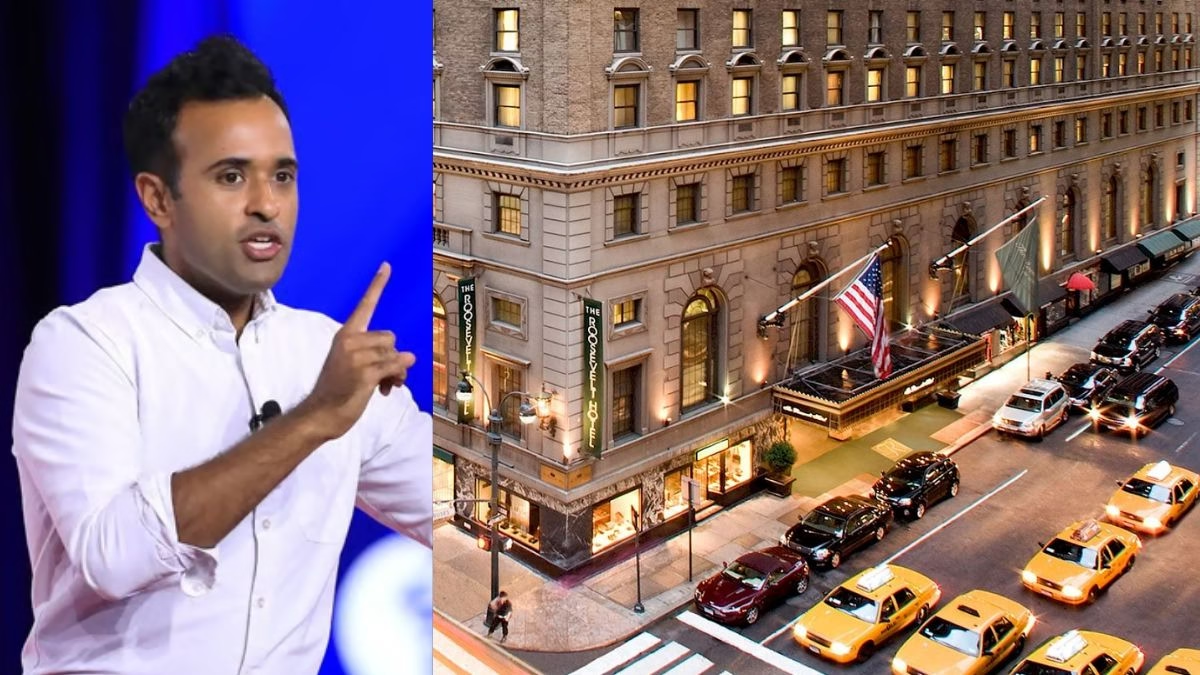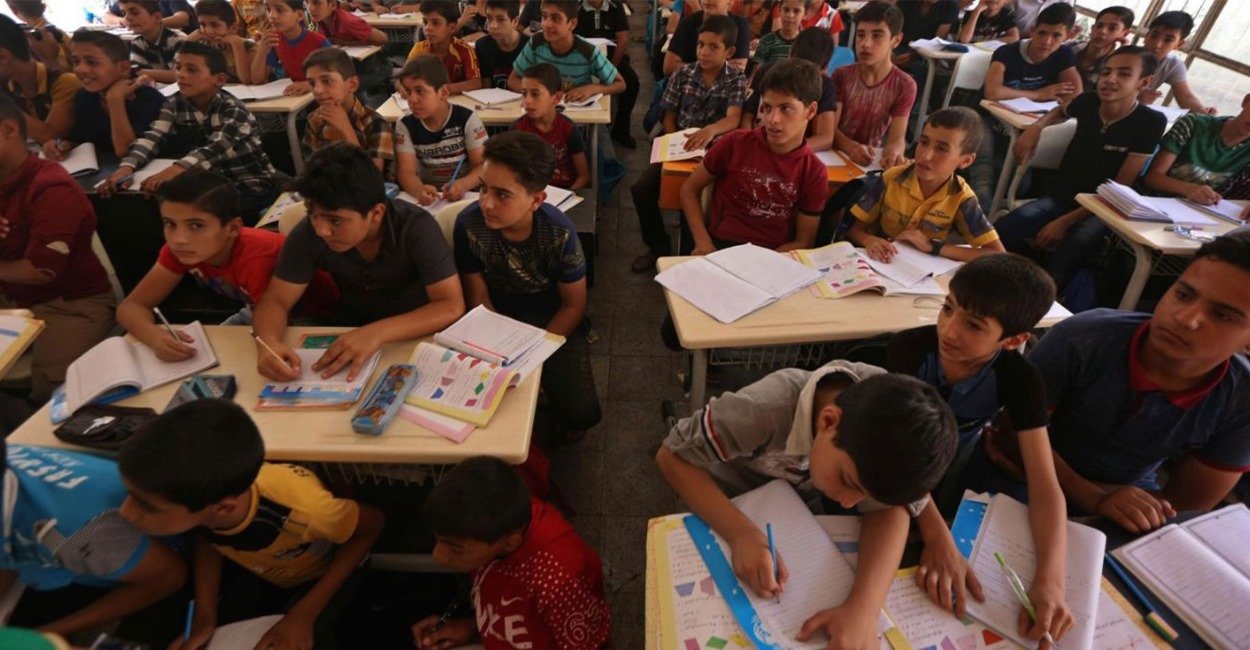Indian-American entrepreneur Vivek Ganapathy Ramaswamy, a nominee for the incoming administration of US President-elect Donald Trump, has ignited controversy over the lease of the Roosevelt Hotel, owned by Pakistan International Airlines (PIA), to New York City.
Ramaswamy criticized the deal on social media, claiming New York taxpayers were effectively paying the Pakistani government $220 million to house migrants in the iconic Manhattan hotel. His post on X (formerly Twitter) described the arrangement as “nuts” and accused the city of subsidizing illegal immigrant housing in a foreign-owned property.
The Roosevelt Hotel, a historic landmark, has been closed since October 2020 due to financial challenges exacerbated by the COVID-19 pandemic. To address mounting debts, including $25 million in unpaid taxes, PIA Investment, a semi-governmental corporation, leased the property to New York City for three years beginning May 15, 2023. Under the agreement, New York City pays $210 per room per night for the 1,025-room hotel, which is being used to house migrants and provide essential services such as food and vaccinations.
While Ramaswamy’s statement that the lease benefits the Pakistani government is technically accurate, critics argue it oversimplifies the financial realities. The lease generates approximately $18 million for PIA Investment over three years, far less than the total lease cost of $220 million. Moreover, the deal is part of New York City’s broader migrant housing program, which includes over 100 other hotels, many of which are owned by foreign entities like the Indian Taj Group and Air India.
Ramaswamy’s remarks have sparked a debate on the intersection of local government spending, international property ownership, and migration challenges. Some see his comments as politically charged and misleading, while others argue they highlight concerns over taxpayer-funded programs.
The lease, though contentious, reflects New York City’s urgent response to a sharp rise in migrant arrivals, particularly after the expiration of pandemic-era restrictions. The city’s strategy includes securing 14,000 rooms to address the housing crisis, with the Roosevelt Hotel being a key component of this effort.



